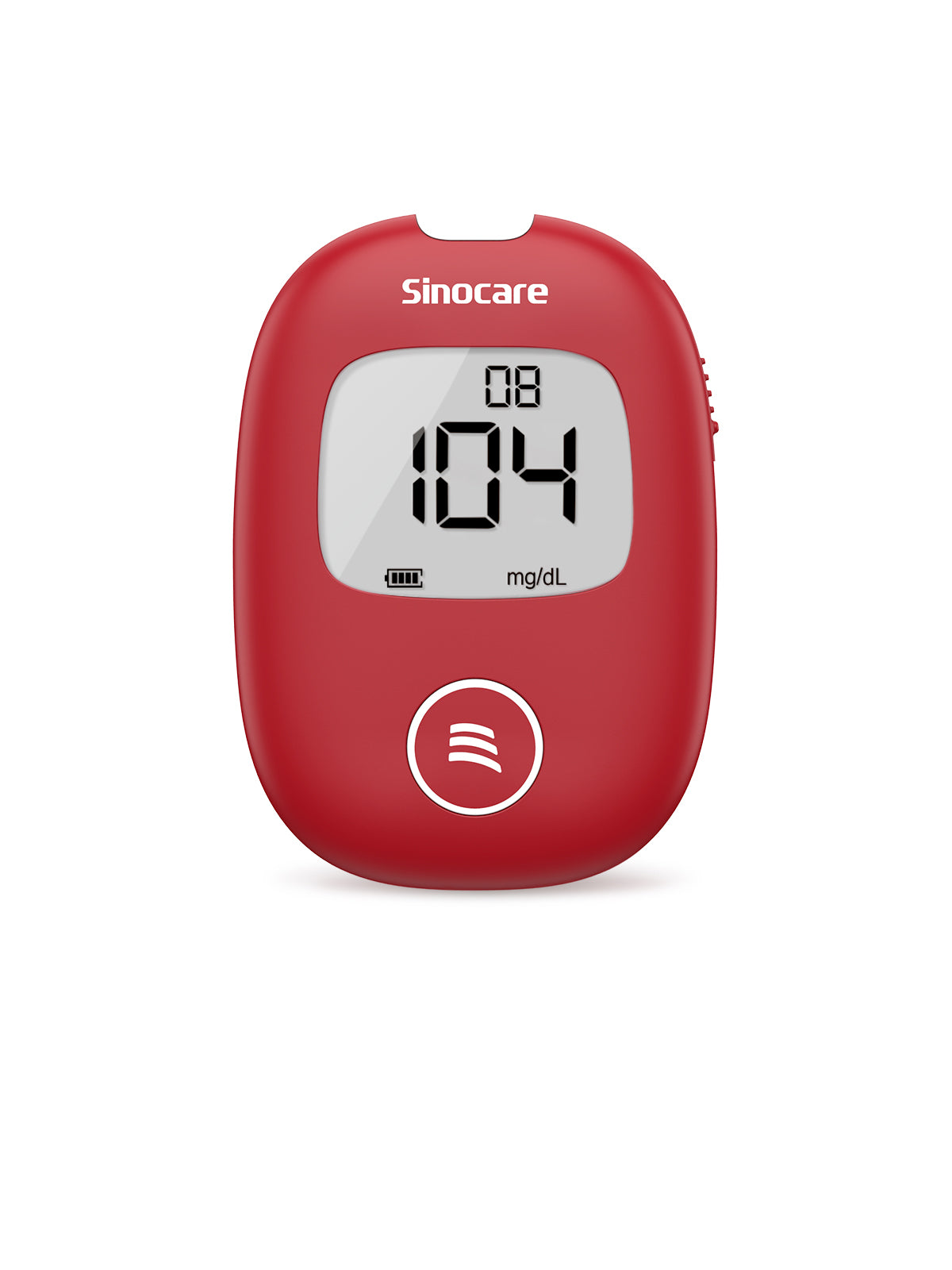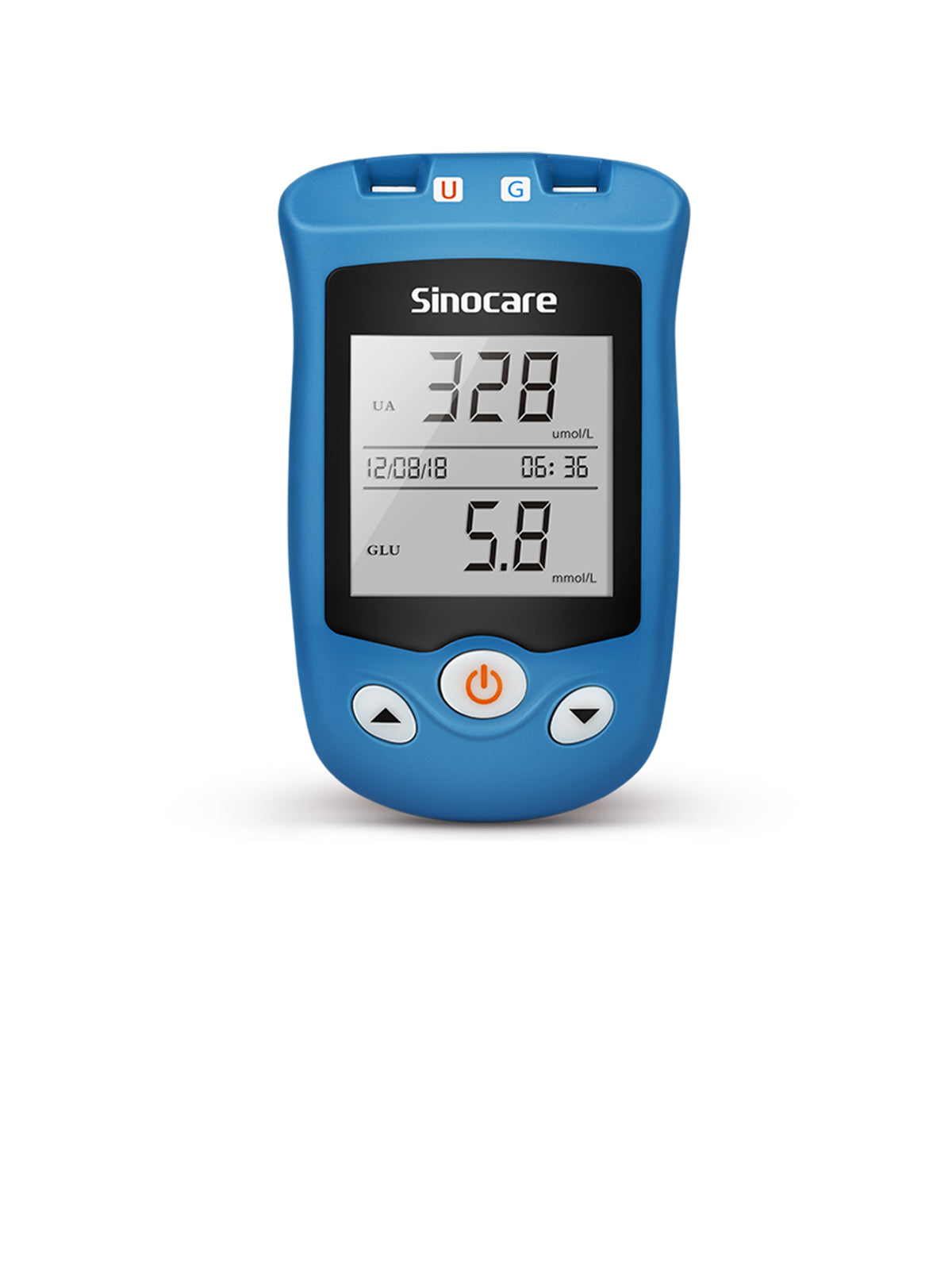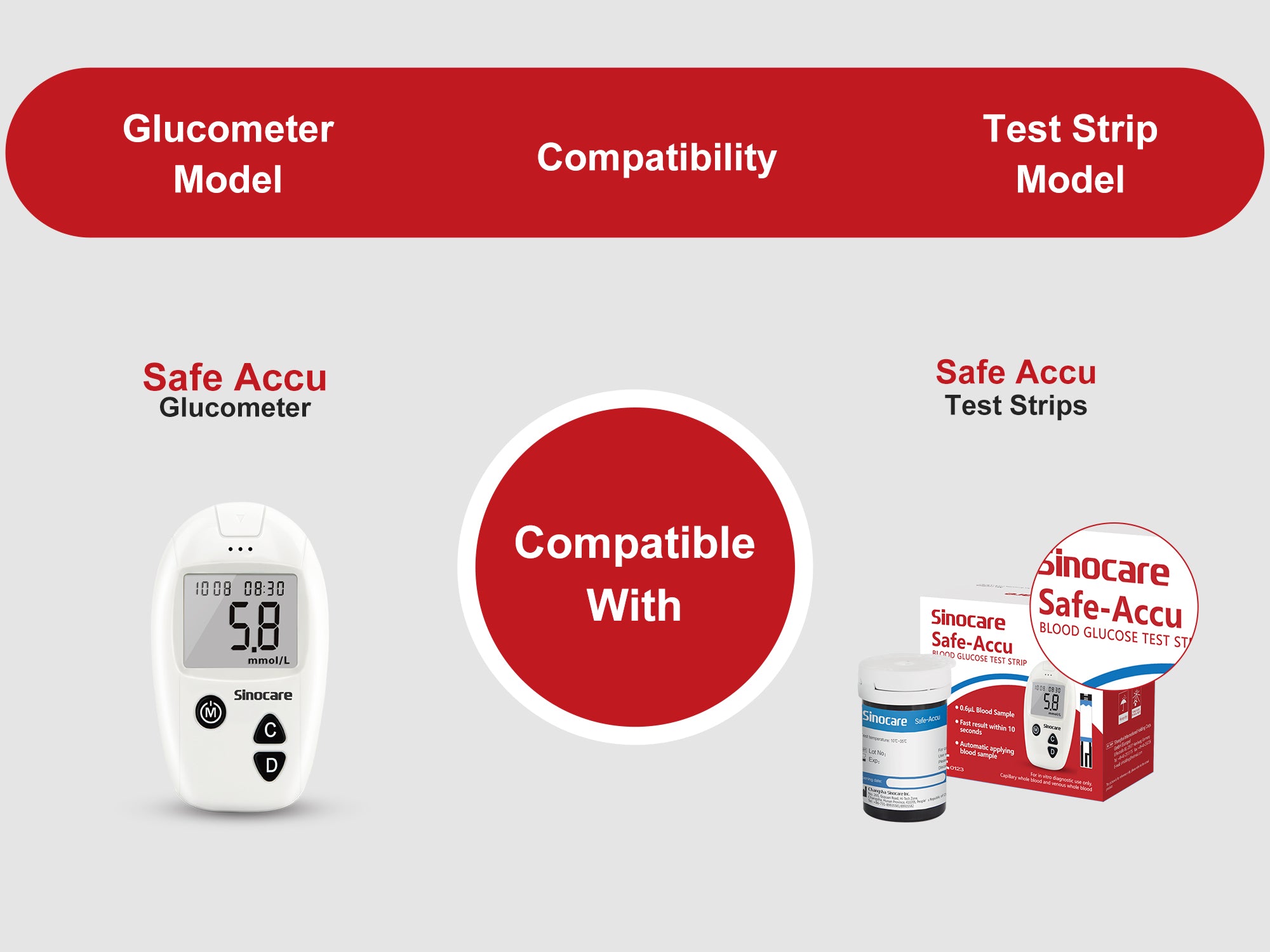Coffee is a substance produced from the seeds of the coffee plant, which are dried, roasted and finally crushed until the classic "coffee powder" used to make the famous drink called "coffee" is obtained.
Nutrition Value of Coffee
A serving of 100 grams of black coffee brewed without added cream or sugar contains on average about 2.4 calories, 0.3 grams of protein, 0 grams of fat, about 0 grams of carbohydrates, 0 grams of fiber. In addition, coffee also contains micronutrients such as potassium (118 mg), magnesium (7.2 mg), phosphorus, manganese, folate, and choline. Additionally, coffee is known to be a source of caffeine, with an 8-ounce cup (about 240 ml) containing about 95 mg of caffeine. Although coffee does not provide a significant nutritional boost in terms of vitamins and minerals, it has been associated with several health benefits, such as a reduced risk of certain chronic diseases when consumed in moderation.[1]
Calories and GI in Coffee
A tablespoon of black coffee, prepared without added cream or sugar, contains about 1-2 calories on average, so it is not very caloric. In addition, coffee has a glycemic index that is presumed to be 0, since it does not contain carbohydrates, and foods without carbohydrates do not have a glycemic index. Coffee is a beverage that is compatible with people with diabetes, as long as it is consumed without added sugar. However, it's important to note that coffee can affect iron absorption and blood pressure, so people with certain health conditions should consult a doctor before making any significant changes to their coffee consumption.
Benefits & Risks of Eating Coffee with Diabetes
Pure, unsweetened coffee contains traces of sugar and consists mainly of water, and also contains substances that can be beneficial for the body. Coffee is rich in polyphenols, natural antioxidants that have been linked to numerous health benefits, including reducing inflammation, improving blood flow, lowering blood pressure, and improving cholesterol levels. However, it's important to note that the caffeine found in coffee can have both positive and negative effects on glucose metabolism and insulin. Additionally, coffee, especially decaf coffee, could offer the benefits without the negative effects associated with caffeine, making it a safer choice for people with diabetes. In addition, coffee consumption has been associated with a lower risk of developing type 2 diabetes. However, for people already living with the condition, coffee could have adverse effects, so it is advisable to consult a doctor before making any significant changes to your coffee regimen.[2]
How Much Coffee Can I Eat with Diabetes?
Coffee, being a drink with no added sugar, can also be consumed by those suffering from diabetes, but it is important to pay attention to the amount of caffeine. For people with diabetes, health experts recommend limiting caffeine intake to no more than 400 milligrams per day, which corresponds to about two to three 8-ounce cups (about 240 ml each) of brewed coffee. Therefore, very bitter coffee, such as espresso, without sugar, can be consumed in moderate amounts, as long as you do not exceed the recommended caffeine limits. It's important to note that caffeine can affect blood glucose levels and insulin sensitivity, so people with diabetes should closely monitor their response to coffee consumption.[3]
How to eat Coffee with diabetes?
Coffee, like cocoa, can be an option for people with diabetes, as long as it is consumed within the recommended daily intakes and with no added sugar. The safest way to enjoy coffee is to drink it black, without added cream or sugar, to avoid an increase in blood glucose levels. However, coffee can be enjoyed in various ways compatible with a diabetic diet, namely as Black Coffee (served hot and without additives, it is a classic that does not affect blood sugar levels), Coffee with Milk (preferably with low-fat milk or plant-based milk with no added sugar), Coffee with smoothies (add some coffee to fruit smoothies with low glycemic index ingredients), Dessert (use coffee as an ingredient in sugar-free puddings or mousses, to enhance the flavor without impacting blood sugar). However, it is important to consider that coffee can affect iron absorption and blood pressure, so it is advisable to consult a doctor before making any significant changes to your coffee consumption, especially for people with diabetes. Additionally, caffeine can have different effects on insulin sensitivity and blood glucose levels, so it's essential to monitor your individual response to coffee.[4][5]
Final Thoughts
Coffee, although not a food, is a beverage that can enrich the daily diet of a person with diabetes. It is essential, however, to stick to the recommended daily doses of caffeine, which are generally between 200 and 400 milligrams. This equates to about two to three cups of coffee per day. It is important not to exceed these amounts, as an excess of caffeine can lead to a build-up of stimulant effects, affecting blood pressure and glucose levels. Consumed in moderation, coffee can offer moments of pleasure without compromising glycemic control, thanks in part to its bioactive compounds such as antioxidants. Ultimately, coffee can be a valuable ally in the diet of those living with diabetes, as long as it is consumed wisely and without excess.
[1]Frey, M. (2024, June 16). Coffee Nutrition Facts and Health Benefits. Verywellfit. https://www.verywellfit.com/coffee-nutrition-facts-and-health-benefits-3495233
[2]Case-Lo, C. (2018, November 9). Coffee’s Effect on Diabetes. Healthline. https://www.healthline.com/health/coffee-s-effect-diabetes
[3]Mutchler , C. (2022, September 19). Caffeine and Diabetes: What You Should Know. Verywellhealth. https://www.verywellhealth.com/caffeine-diabetes-6544487
[4]Stines , Y. (2023, December 13). How Coffee Affects Diabetes. Verywellhealth. https://www.verywellhealth.com/coffee-and-diabetes-5101321
[5]Halas-Liang, M. (2023, September 9). How to Make Your Favorite Coffee Diabetes-Friendly. Type2diabetes. https://type2diabetes.com/nutrition/coffee










Leave a comment
All comments are moderated before being published.
This site is protected by hCaptcha and the hCaptcha Privacy Policy and Terms of Service apply.